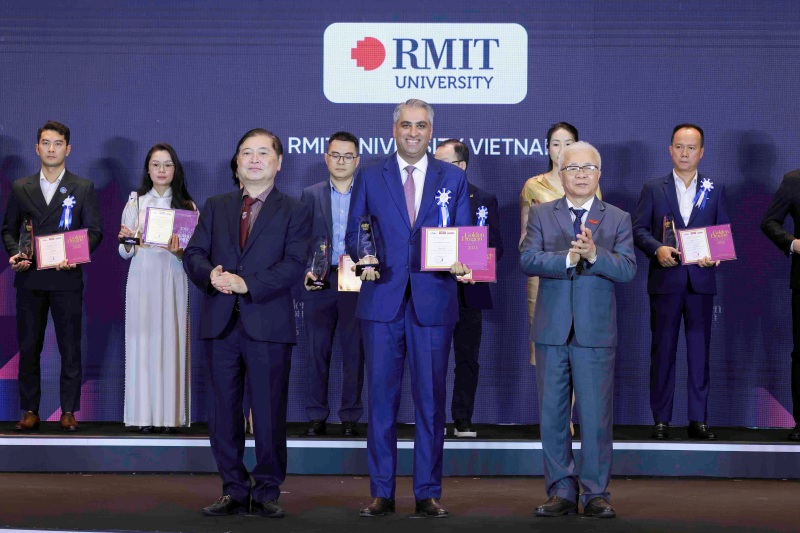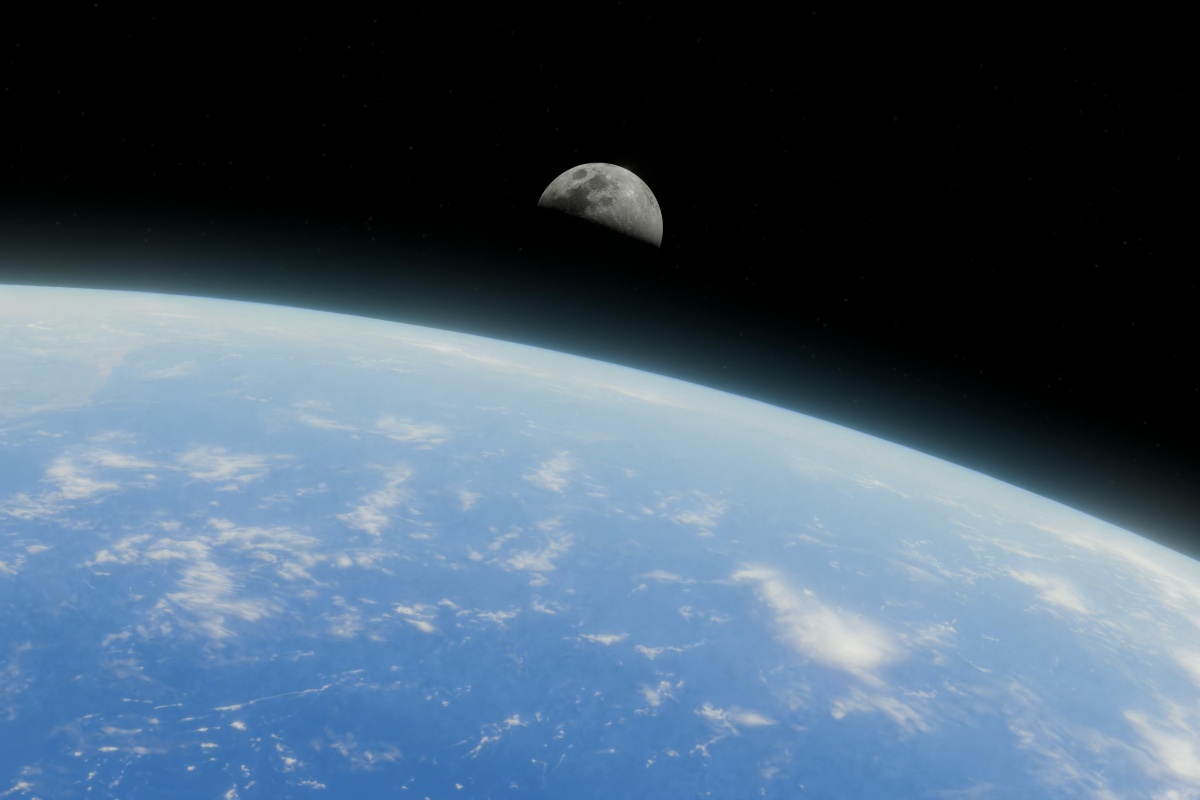How is Russia hitting back?
Before answering this question, it is helpful to recall the sanctions imposed by the West on Russia in 2014 during the annexation of Crimea.
Although the sanctions in 2014 were less harsh as compared to the sanctions imposed now, that helped Russia become more resilient and developed some contingency plans to overcome any such future crisis.
In 2014, Russia raised the interest rates from 5.5% to 17% to shore the ruble and the same measure has been taken this time as well, when the interest rates are hiked, from 8.5% to 20%.
The fall in ruble currency was also similar in 2014 to now. In 2014, the ruble fell from 35 rubles for one dollar to 69 rubles for one dollar in the span of a year. Whereas this time the currency has fallen from 78 rubles on 23 February to 150 rubles on 7 March, which is around 15 days. It has currently risen to around 65 rubles to one dollar as of 6 May 2022.
Rubles have been able to recover due to the following reasons:
- The rise in interest rates clearly had an effect. Those who might have been tempted to sell their rubles and buy dollars or euros have had a big incentive to save that money instead. The fewer rubles that go up for sale, the less downward pressure there is on the currency.
- The next factor which has helped in currency recovery was a similar measure taken in 2014, where the Russian companies who generate revenue through exports are required to exchange 80% of the dollars that are paid into rubles, regardless of the exchange rate and this created significant demand for Russian currency that helped the currency to pop up.
- The initial ban on all foreign exchange loans and transfers was to be suspended to maintain the foreign currency in the country and discourage Russians from selling rubles for dollars or euros, which puts pressure on the currency. However, these restrictions have been eased somewhat recently and conversions of hard currency are limited to just $10,000 for individuals in a year.
- Many foreign investors own Russian corporate shares and government bonds and they might want to sell those securities. But the government has restricted these sales. This is helping the stock and bond markets and keeping money within the country, all of which helps keep the ruble from falling.
Why is Russia demanding payment in rubles for its natural gas exports to Europe?
Russia is a big gas station for the world and Europe imports the largest amount of Russian natural gas to heat homes, generate electricity, and use for the fuel industry. Europe continues buying energy from Russia despite the war.
Europe is heavily reliant on Russia for its energy needs, with about 40% of its gas coming from the country. If Russia stops selling this, it could trigger supply shortages, factory closures and rising energy costs across the European region.
The stakes are particularly high for Germany, Europe’s largest economy and industrial powerhouse. Germany has a higher dependency on Russia for gas imports. Before the war began, 55% of its gas imports came from Russia, with the figure dropping to 40% in the first quarter of 2022.
Some German economists predict that if Germany stops the import of energy from Russia, it might affect Germany’s GDP and GDP might drop between 2-5%.
Hence, due to this high dependency of Europe on Russia, Russia demands payment in rubles as that would help marginally in getting around financial sanctions, propping up the ruble’s value and protecting the Russian economy.
If Russia is successful in forcing these countries to pay in rubles, the other countries would be forced to buy them. This will result in demand for the currency surging and the price of the ruble will naturally rise.
Would the ruble's rebound help Russia get a boost in the financial world, in case more countries wanted to use rubles as a reserve currency?
So far, it looks unlikely that foreign buyers will make this switch, but to get around the West’s sanctions, many countries might use their own currency or even use a “bartering” system.
The Federal Reserve can monitor any transactions in the world conducted in USD. But if the transactions are made in rubles or any local currencies, this weapon is lost and this might help preserve the value of the Russian currency.
Just a few countries have imposed sanctions on Russia but there are still a lot of other countries who have not imposed sanctions against Russia yet. I believe this might help Russia towards continuing trade. Although it will still impact Russia’s economy.
Despite the impact of sanctions, Russia is determined not to withdraw from Ukraine. Do you think Western sanctions will make Russia rethink the war with its neighbour?
The effect of sanctions tends to diminish if the country on the receiving end is strong in economic terms and refuses to follow international orders. Russia displays many of these characteristics.
Russia is a big exporter of energy and is receiving nearly one billion euros per day for its fuel exports. Many Western companies still pay rent on their premises and worker salaries. So daily lives in the cities are not that much affected.
Some analysts also thought that blocking VISA and Mastercard would cause chaos. But Russian authorities had already prepared for this and introduced a domestic payment system known as MIR, a Russian payment system for electronic fund transfers established by the Central Bank of Russia, back in 2014. This made the domestic payment go as normal and only Russians who are currently abroad are affected due to this.
Russia has a good relationship with big economies like China and India and this might be helpful for Russia to survive.
As another solution, Russia’s hopes for surviving sanctions lie primarily with China. China, the world’s leading exporter, supplies about one-quarter of Russia’s imports. China’s manufacturing sector could replace some of the US and European goods that had been heading to Russia but are now blocked. The country already supplies a large portion of Russia’s machinery and electronics.
Russia is unlikely to give up now and goes on strong until further strict sanctions are imposed.
About the expert
Dr Greeni Maheshwari obtained her PhD in business administration (DBA) in Global Business and Leadership from California, USA. During her many years of teaching, she has gained many excellent awards for her outstanding contribution to learning and teaching in Vietnam. Dr Maheshwari currently teaches at RMIT School of Business and Administration. Her research interest lies in entrepreneurship, SMEs and finance-related topics.
Story: Thuy Le





